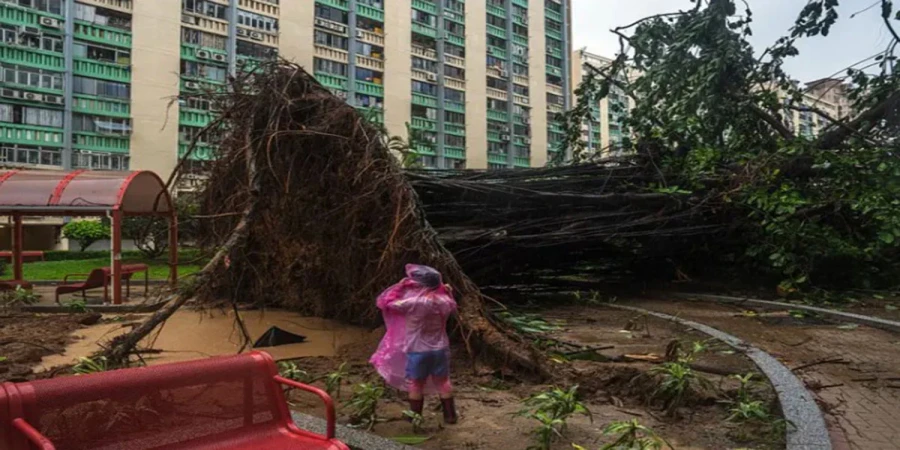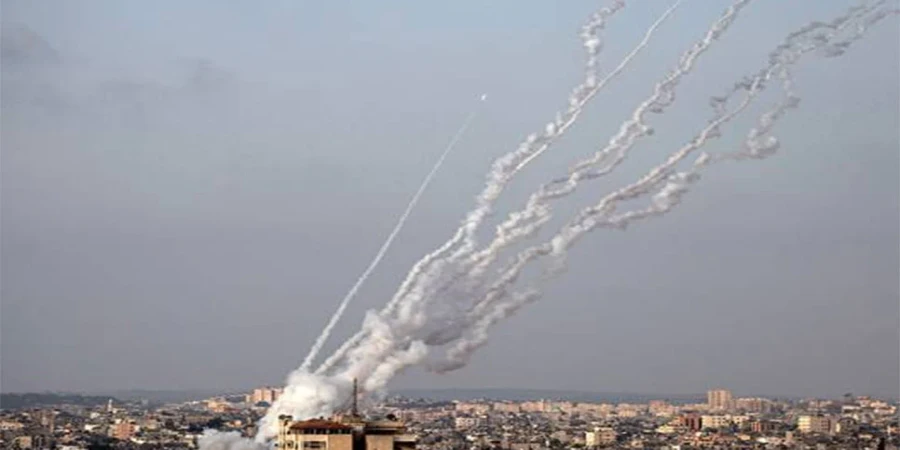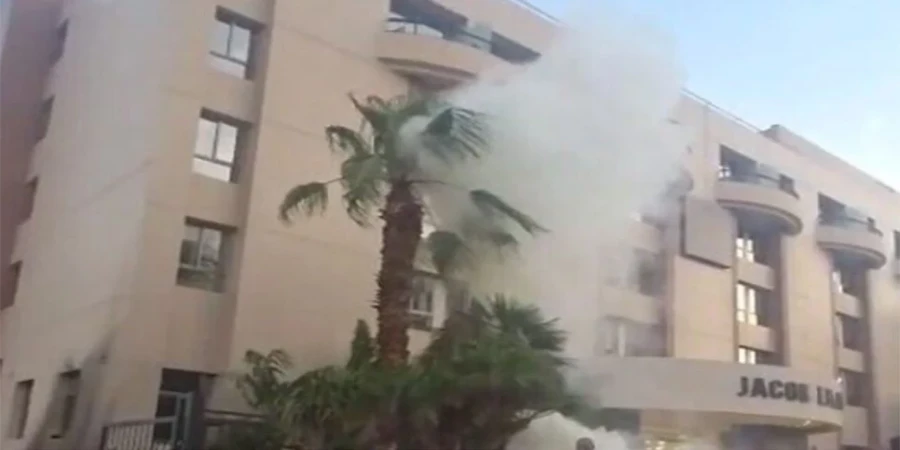
ছবি: -Collected Photo
Australia has severed diplomatic relations with Iran after accusing Tehran of orchestrating a series of anti-Semitic attacks in Sydney and Melbourne. Prime Minister Anthony Albanese announced the decision on Tuesday, describing the findings of the country’s intelligence services as deeply troubling.
As part of the move, Iranian Ambassador Ahmad Sadeghi and three other diplomats have been ordered to leave Australia within seven days. At the same time, Canberra has withdrawn its own diplomatic staff from Tehran, marking a significant rupture in relations between the two countries.
According to the Australian Security Intelligence Organisation (ASIO), investigators found evidence that Iran’s Islamic Revolutionary Guard Corps (IRGC) directed arson attacks targeting Jewish sites. Authorities allege that on October 20 last year, a kosher food company, Louis Continental Kitchen in Sydney, was set ablaze, followed by a December 6 fire at the Adass Israel Synagogue in Melbourne.
“These attacks were calculated attempts to divide our communities and undermine social cohesion,” Albanese told reporters. He condemned the incidents as “extraordinary and dangerous acts of aggression” that threatened Australia’s democratic values and multicultural fabric.
Iran’s government has rejected the allegations, calling the expulsion of its ambassador politically motivated. A spokesperson for Tehran’s Foreign Ministry claimed the decision was driven by domestic pressures within Australia rather than credible evidence.
However, ASIO chief Mike Burgess insisted the conclusions were the result of a months-long, highly complex investigation. He revealed that senior IRGC officials were directly involved and that the group had relied on organized crime networks and hired operatives to conceal its role. “They used a sophisticated proxy network to carry out and mask their operations,” Burgess explained.
The attacks are part of what authorities believe to be a wider pattern of anti-Semitic incidents linked to foreign actors. Since Hamas’s assault on Israel on October 7, 2023, and the subsequent war in Gaza, Australia has witnessed a sharp rise in both anti-Jewish and anti-Muslim hate crimes. Synagogues, schools, homes, and vehicles belonging to Jewish Australians have been vandalized or attacked, while Muslim communities have also reported an escalation in Islamophobic incidents.
The December attack on Melbourne’s Adass Israel Synagogue was particularly shocking, as worshippers were forced to flee for their lives as flames spread. The synagogue, built by Holocaust survivors in the 1960s, holds symbolic importance for the Jewish community, and the assault was seen as a deeply traumatic violation.
Australian authorities had earlier indicated suspicions that overseas powers were paying local criminals to carry out targeted attacks. Tuesday’s announcement confirmed those suspicions, identifying Iran as the key foreign actor behind at least two of the incidents.
Foreign Minister Penny Wong described the move to expel Iran’s ambassador as unprecedented, noting that it was the first time since World War II that Australia had taken such a step. She emphasized that protecting Australia’s Jewish community and upholding the rule of law were central to the government’s decision.
The Albanese government’s actions mark a sharp escalation in its stance toward Iran, adding to a growing list of Western nations that have accused Tehran of using covert networks to export violence abroad. Analysts say the decision could have wider implications for Australia’s diplomatic and security posture, particularly in relation to Middle Eastern affairs.
For Australia’s Jewish community, the revelations have reinforced long-standing fears of targeted violence amid rising global tensions. Leaders have welcomed the government’s firm response, though many remain concerned about ongoing security risks. Meanwhile, human rights groups have warned that the rise in hate crimes against both Jews and Muslims reflects a dangerous polarization that must be addressed domestically as well.
Albanese concluded his remarks by stressing that Australia would not tolerate foreign interference in its society. “Our message is clear,” he said. “No government can use our soil to spread division or hatred. We will act decisively to protect our people and our democracy.”
repoter






